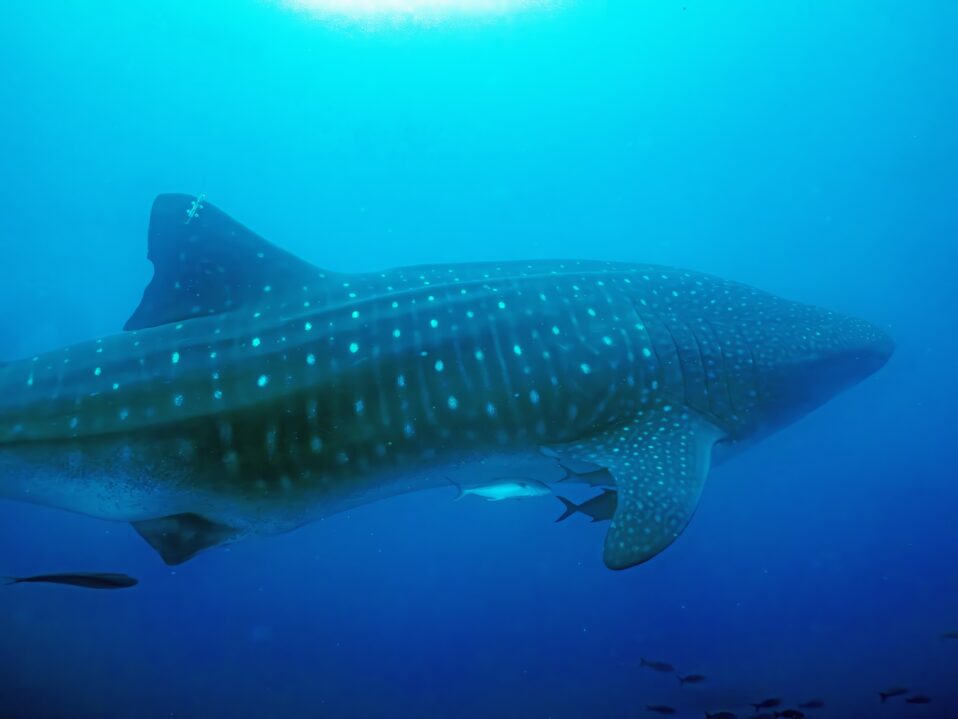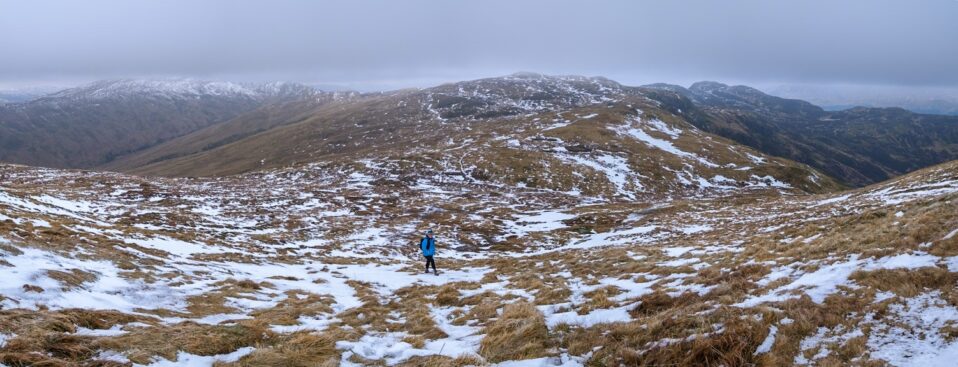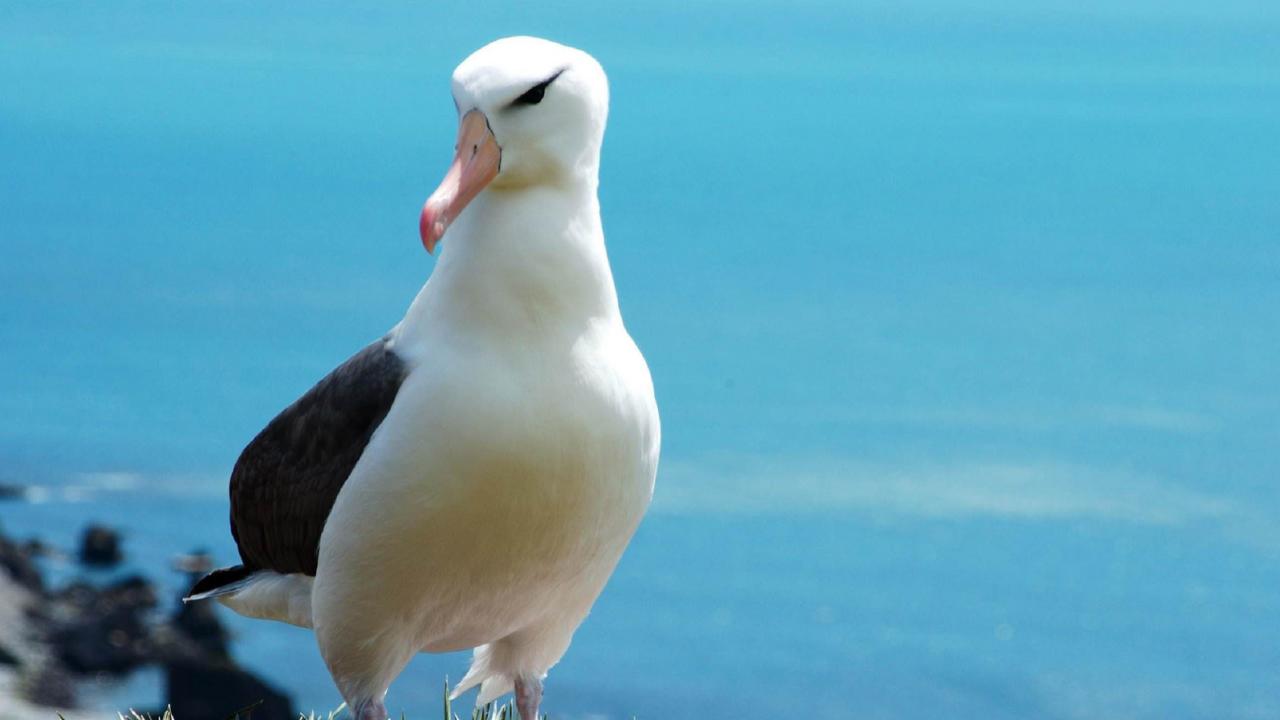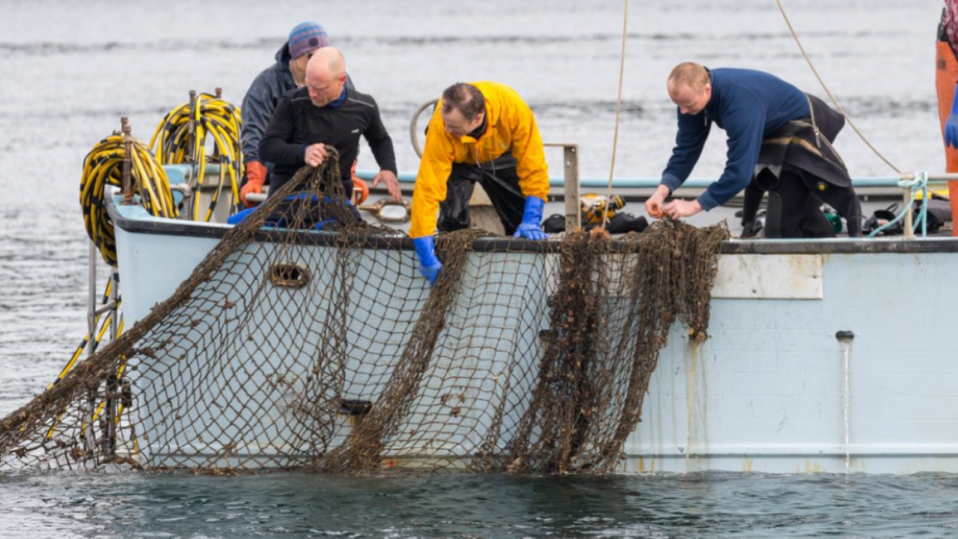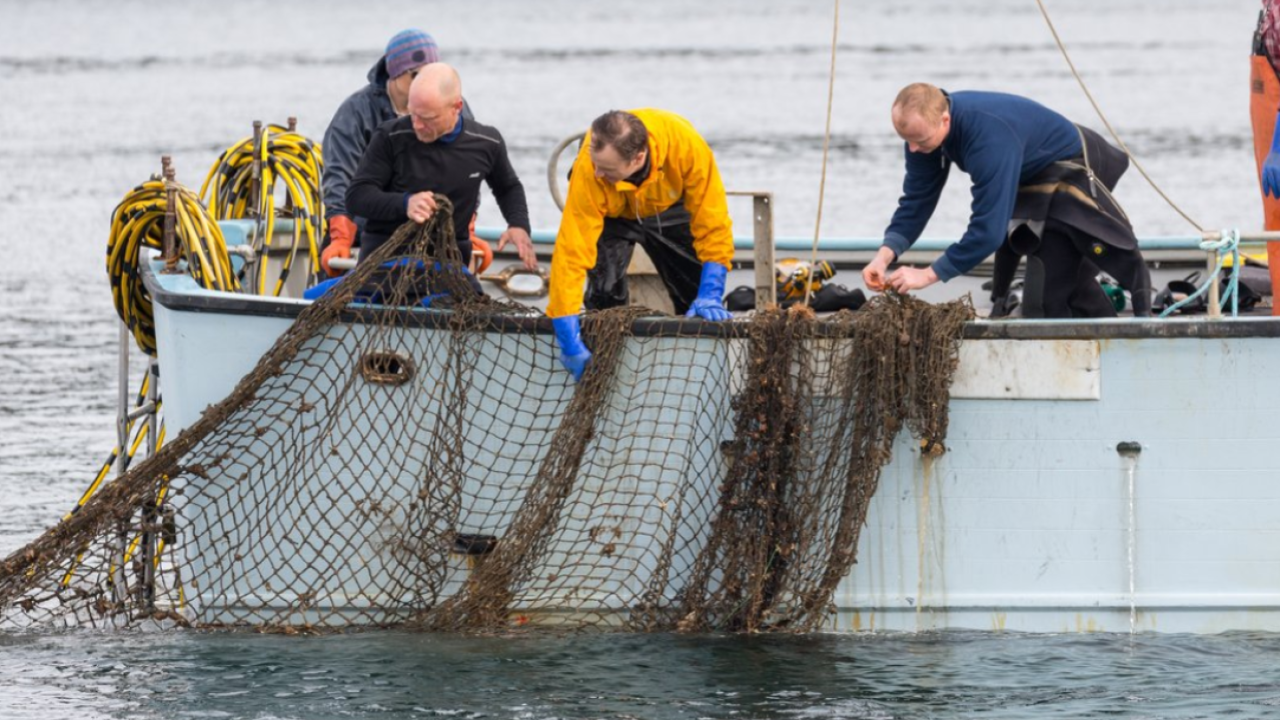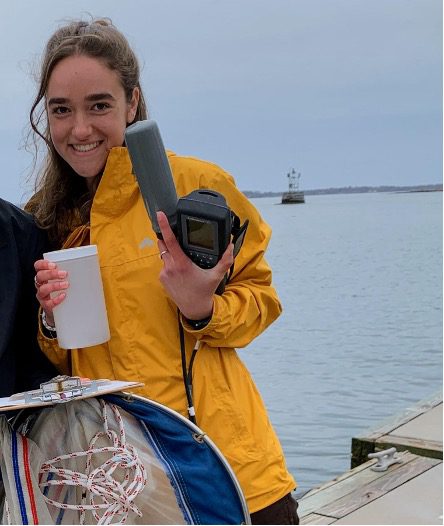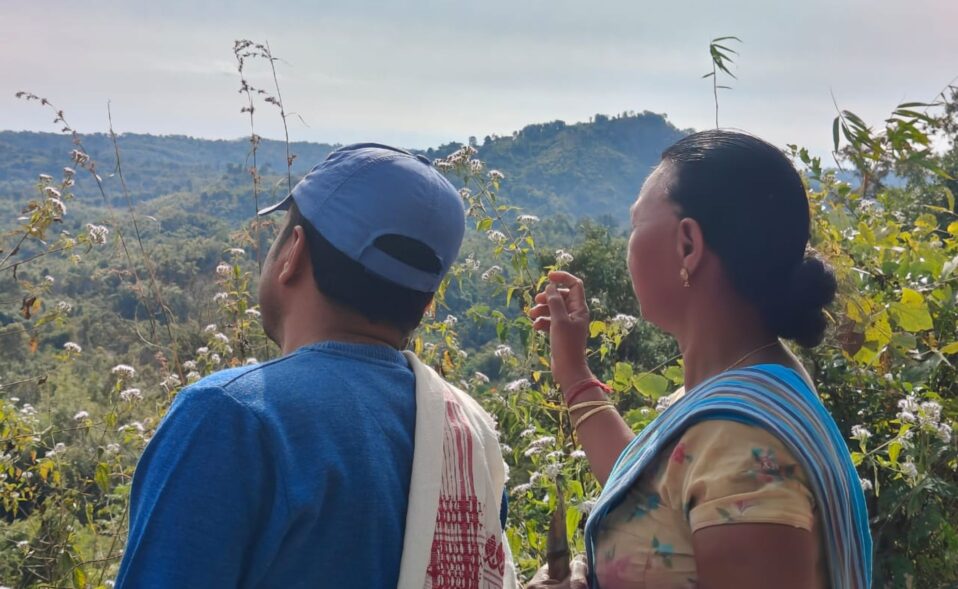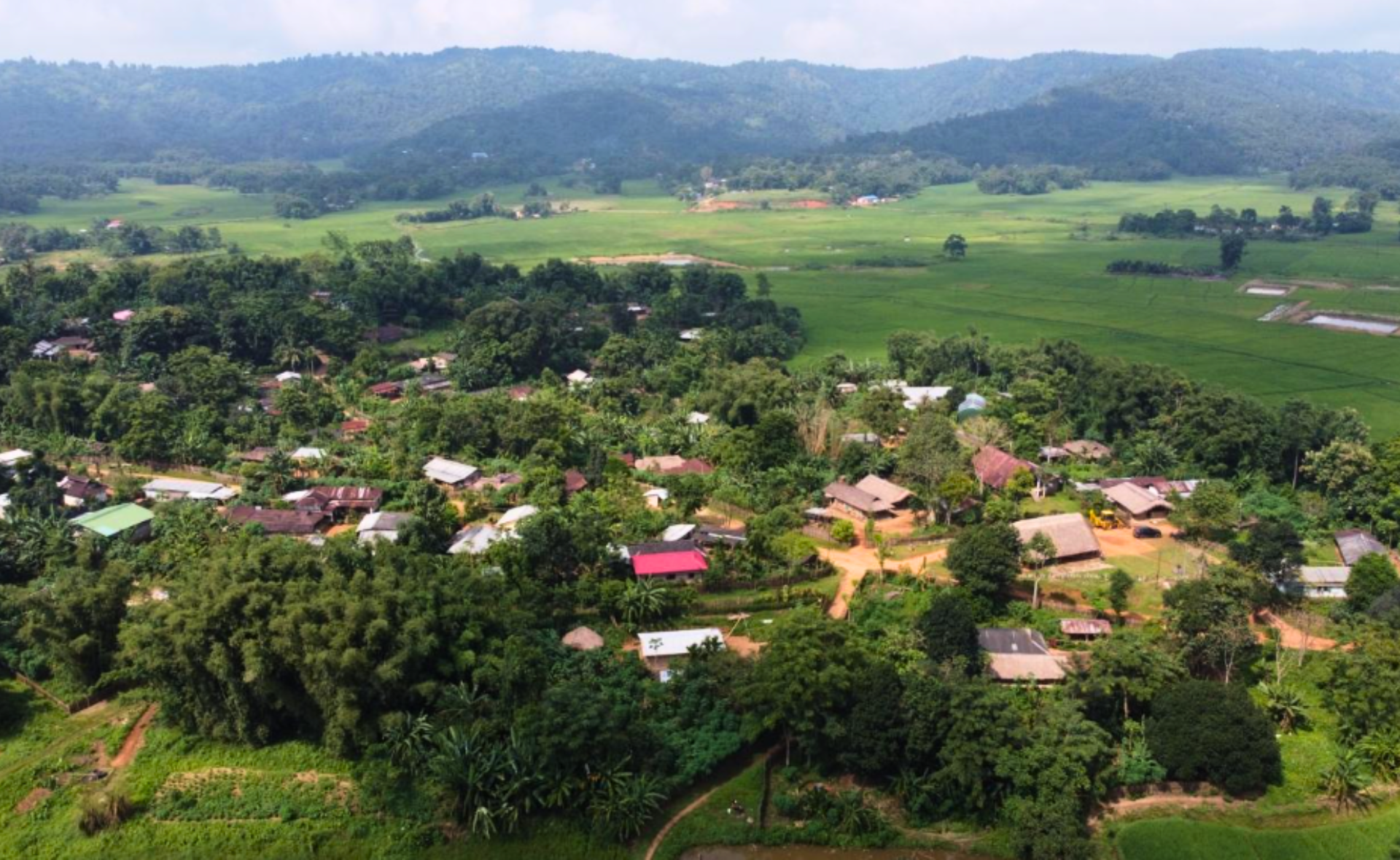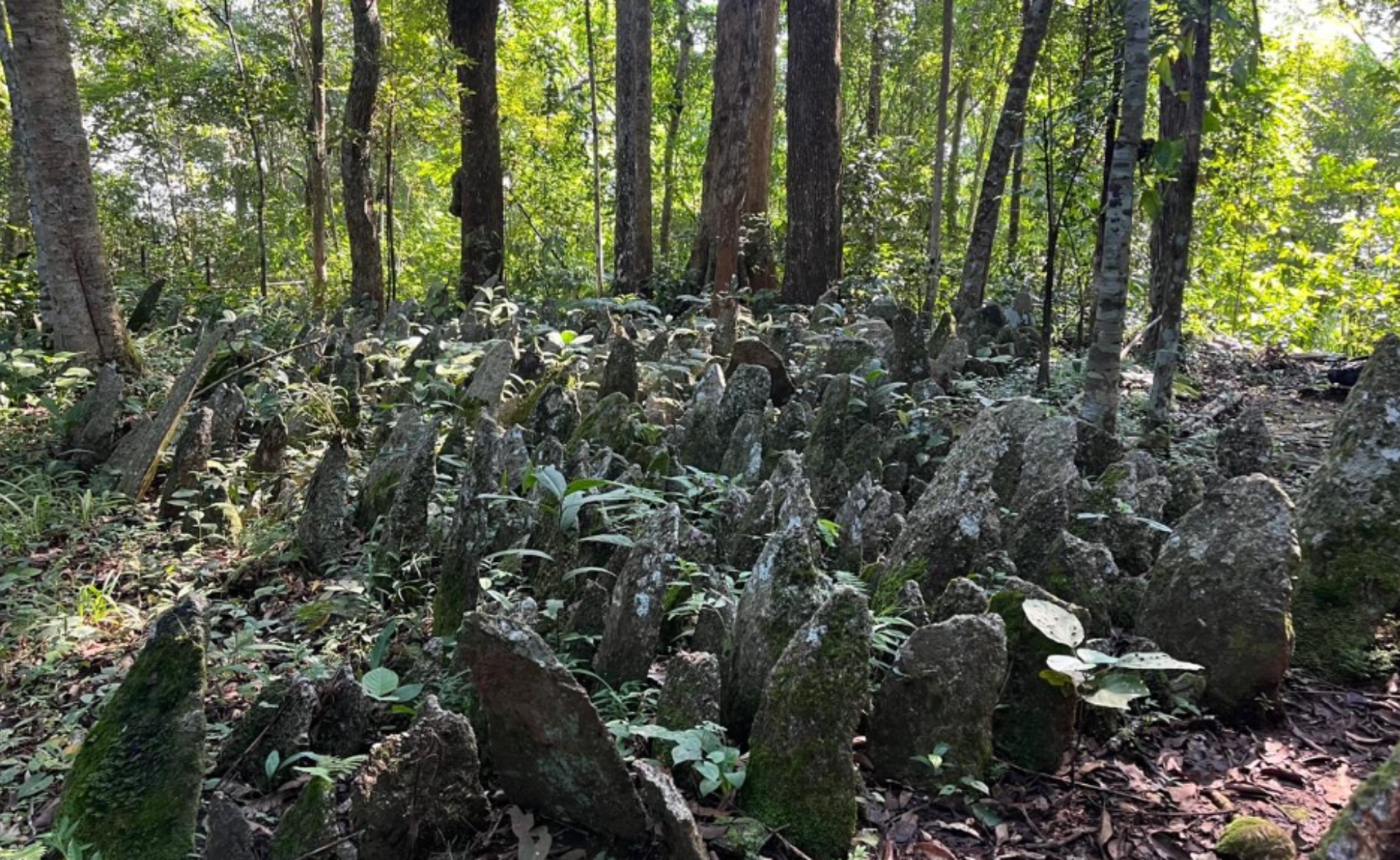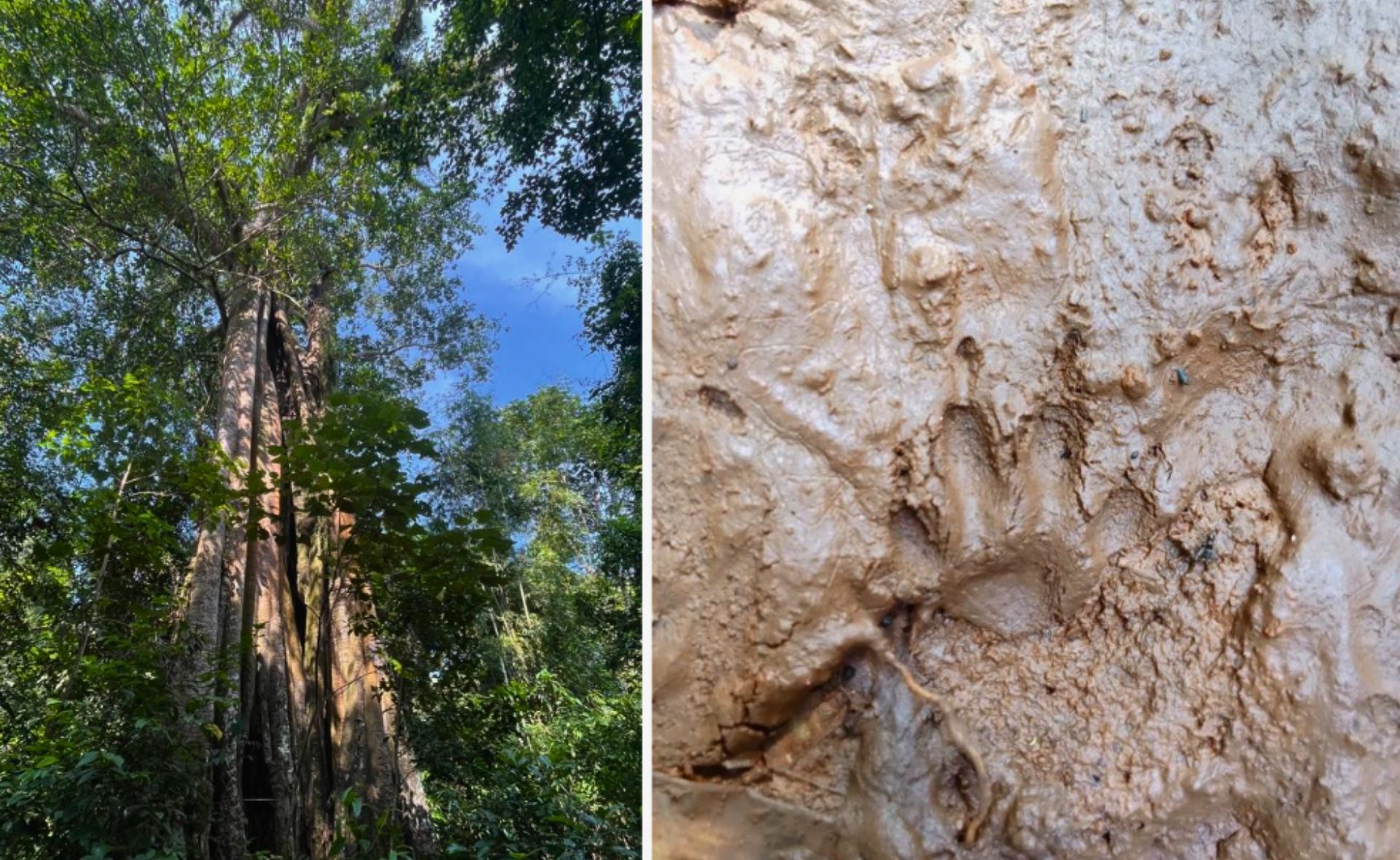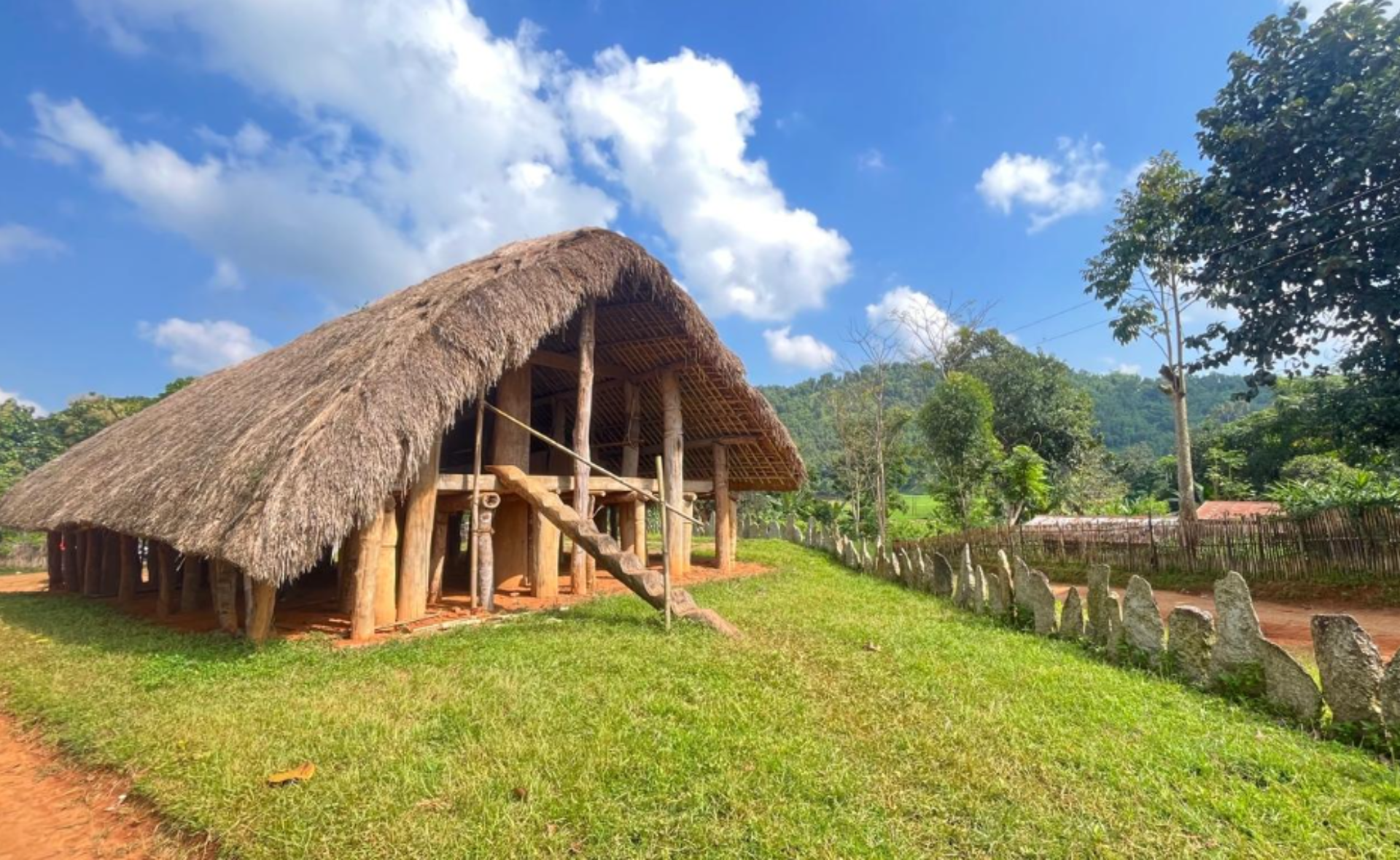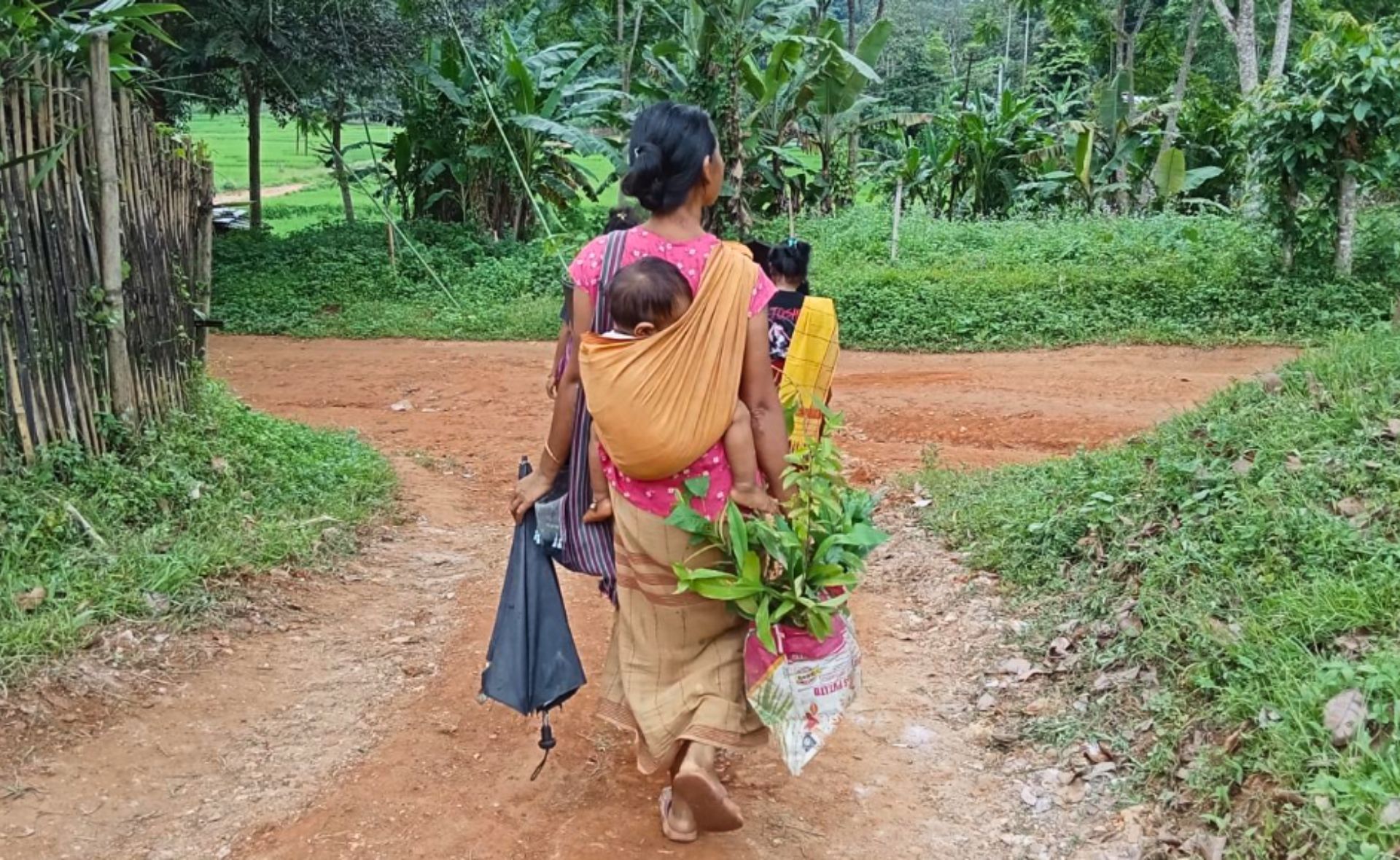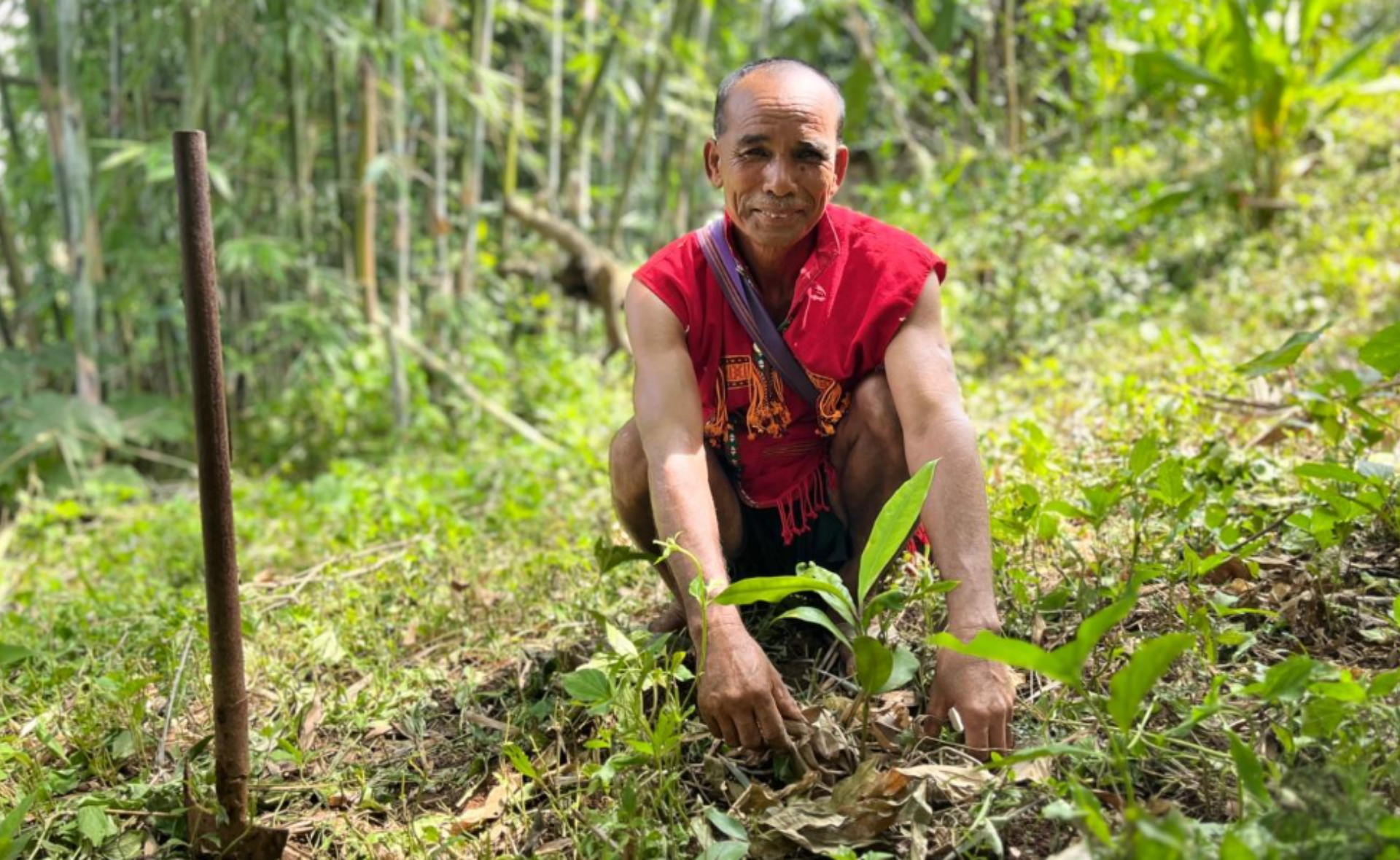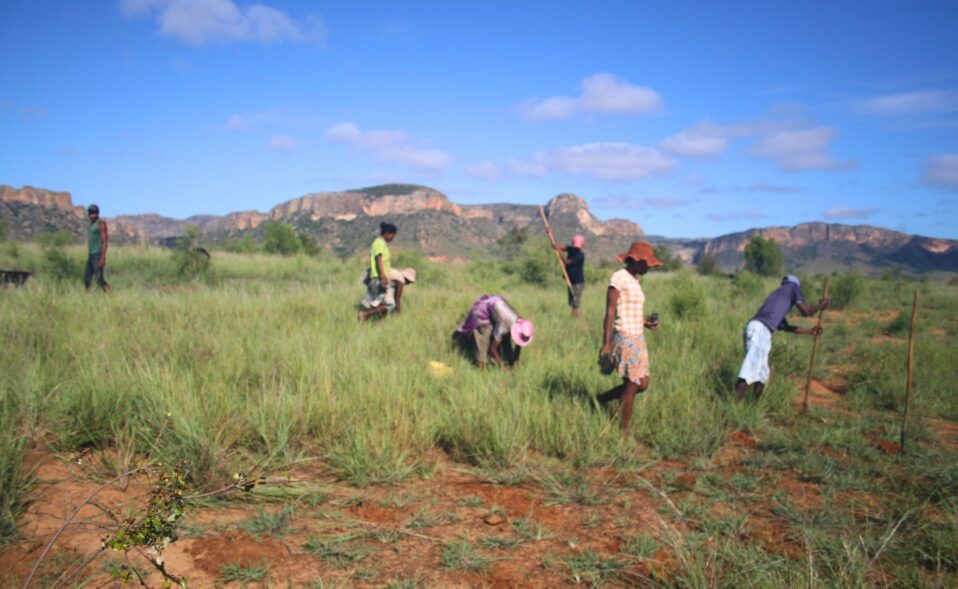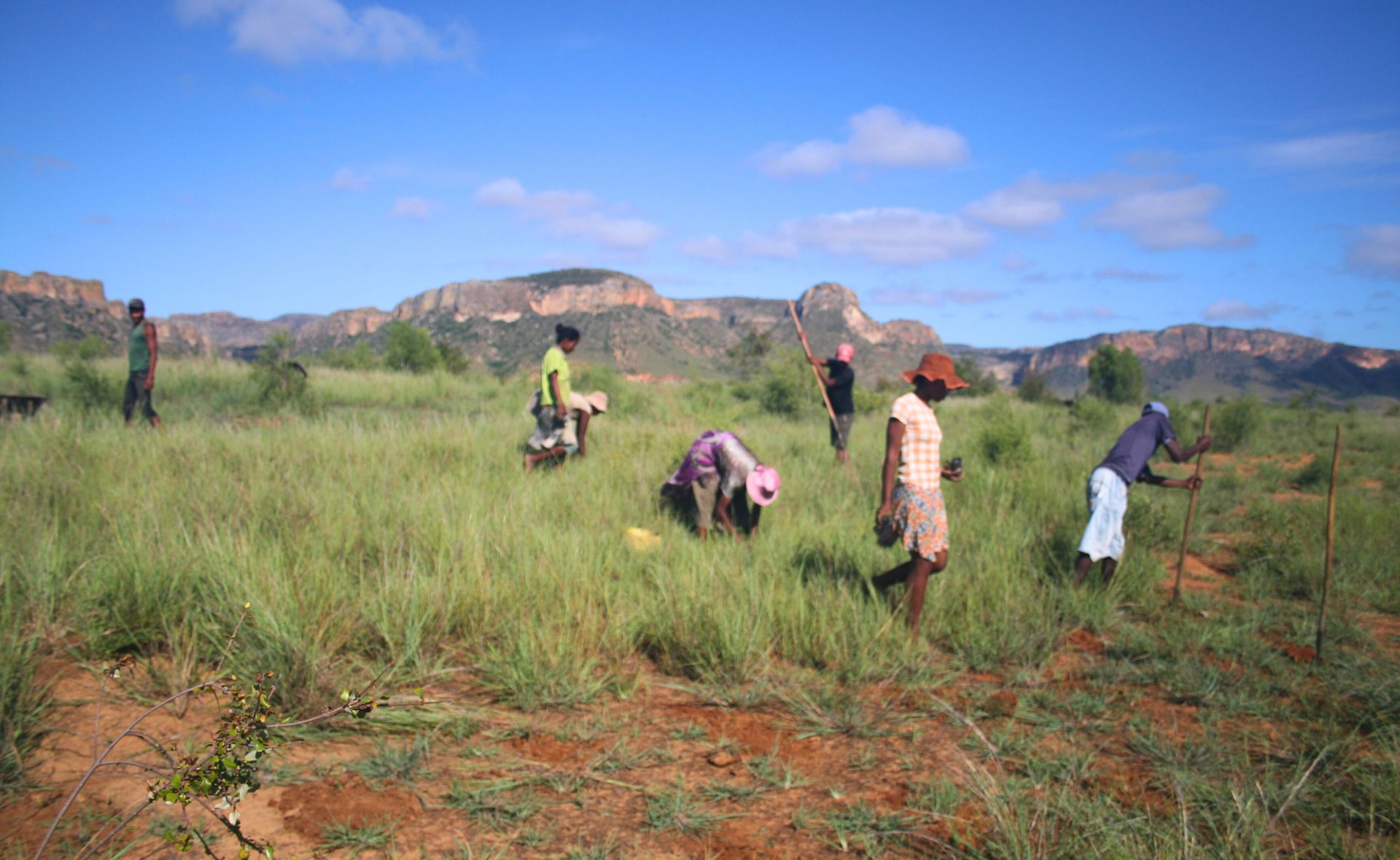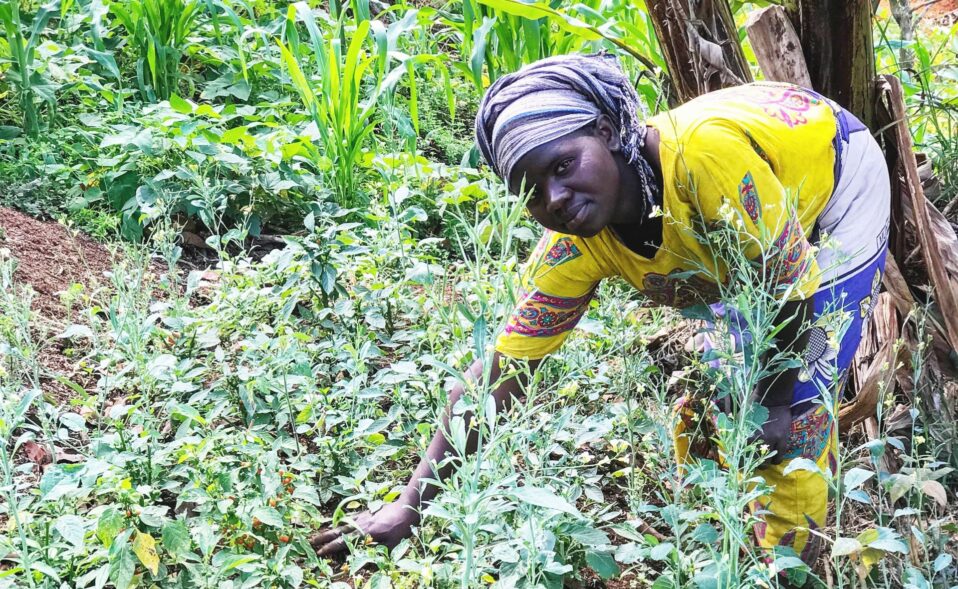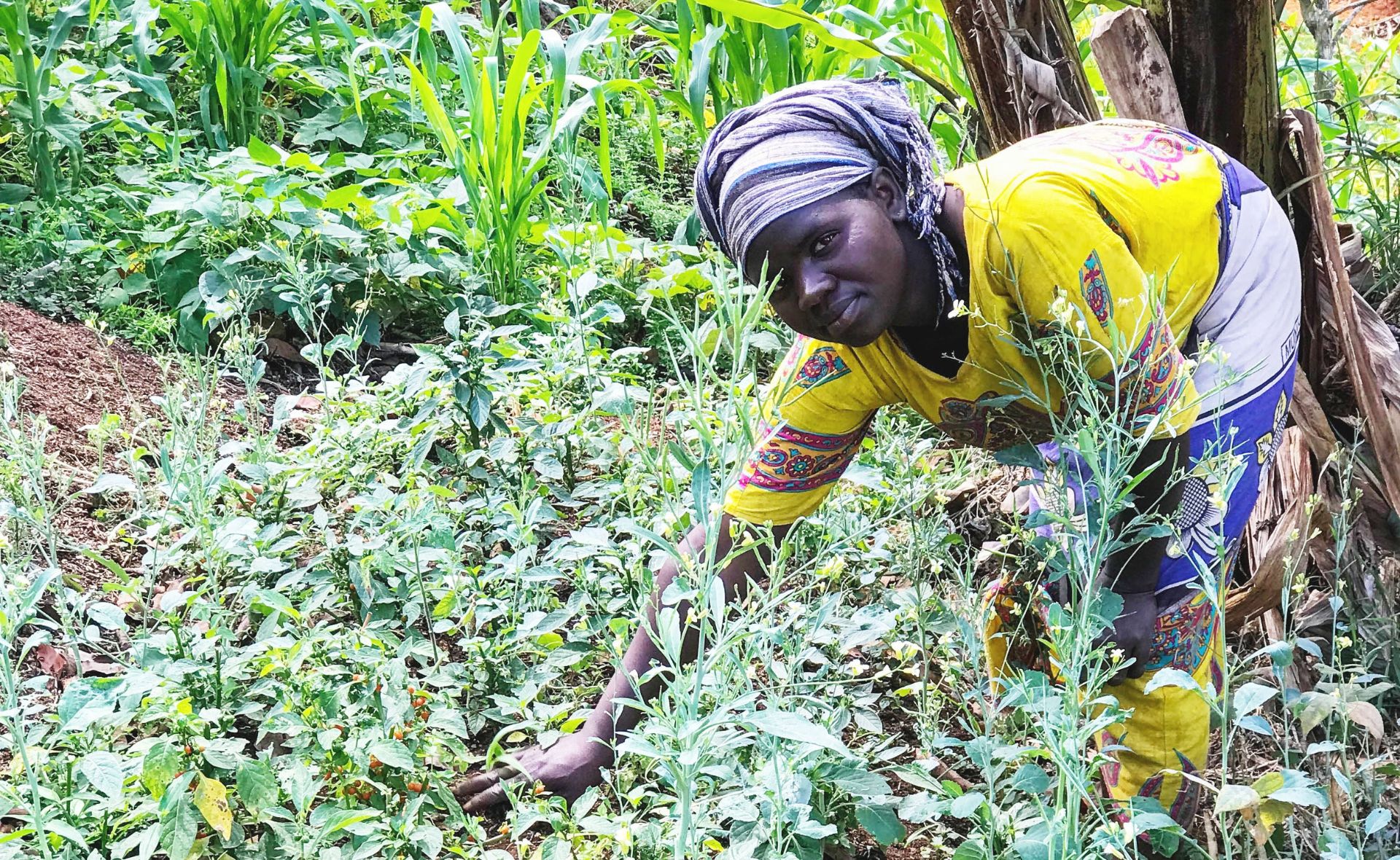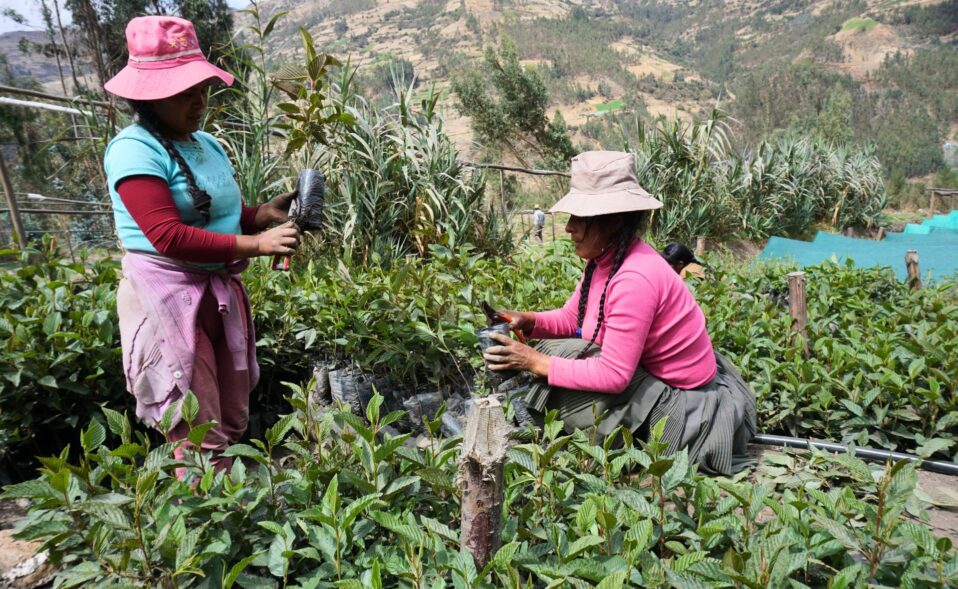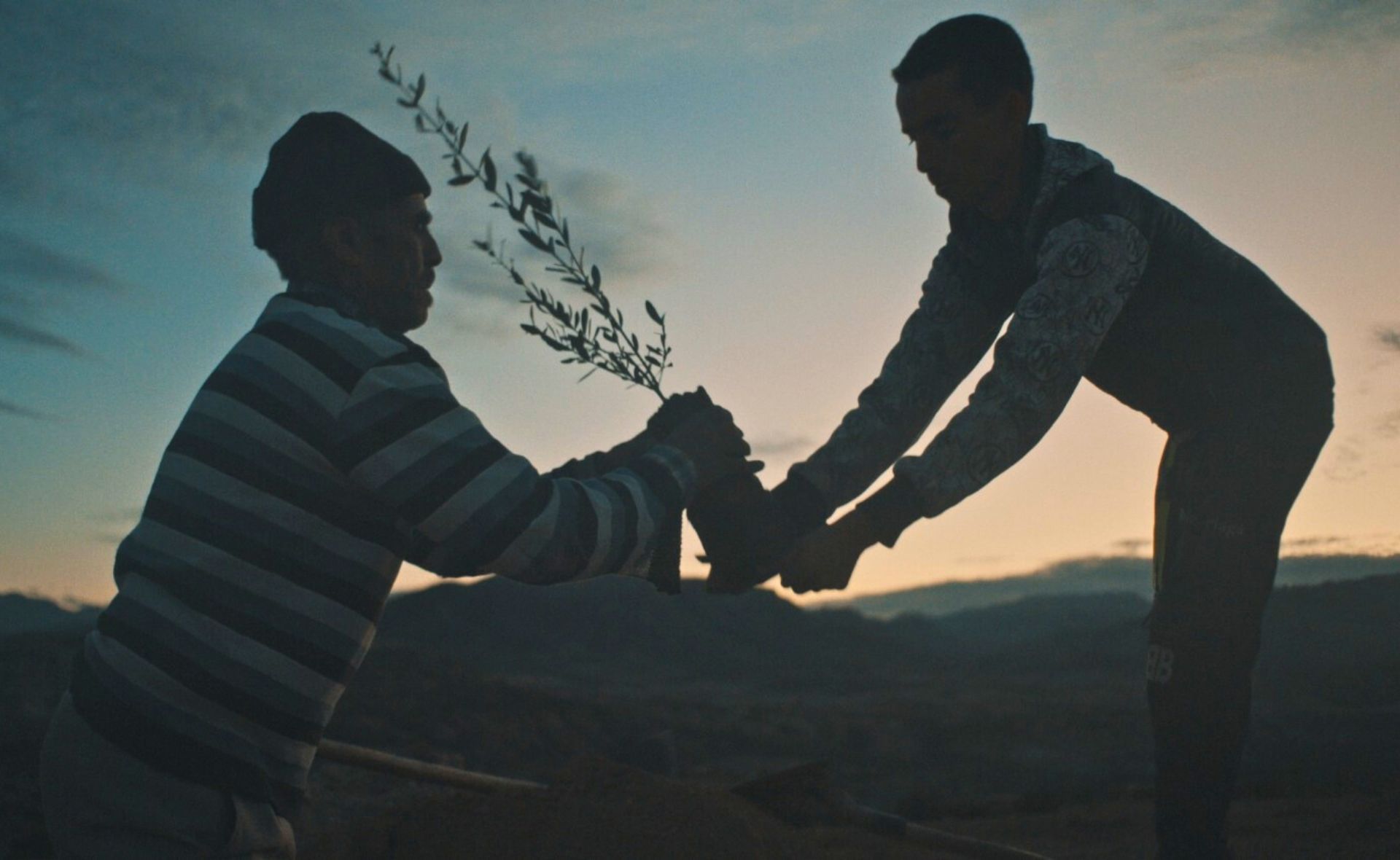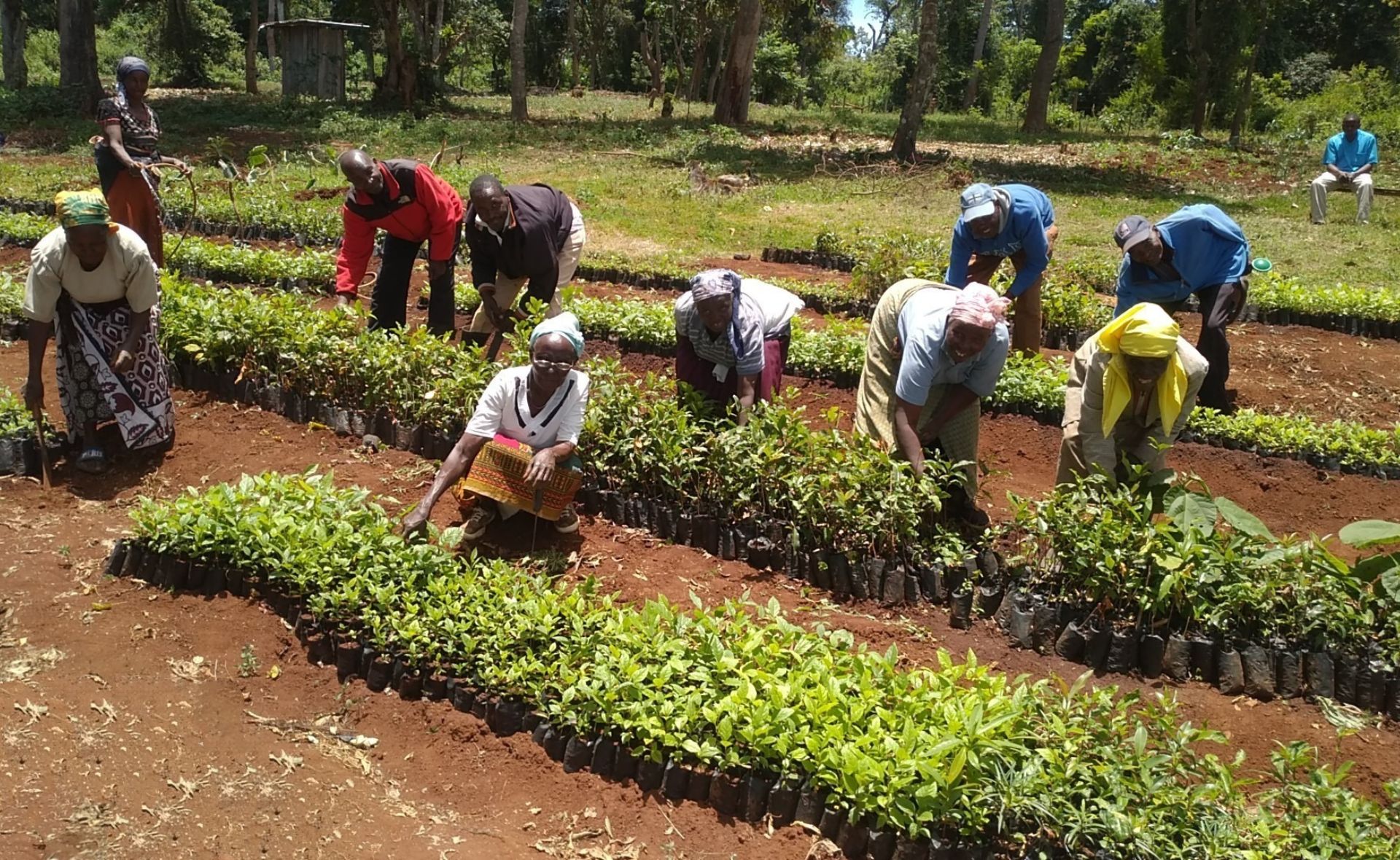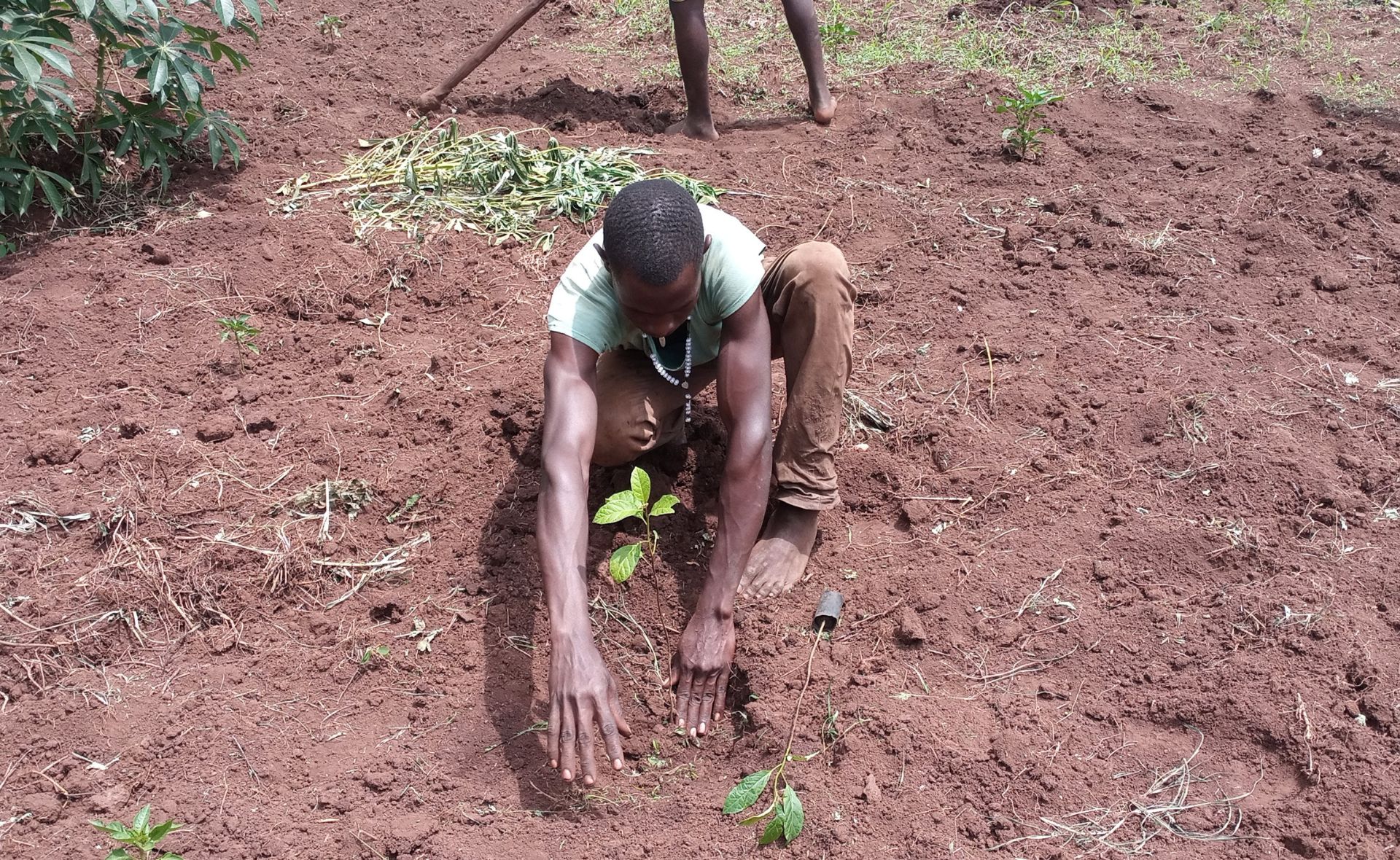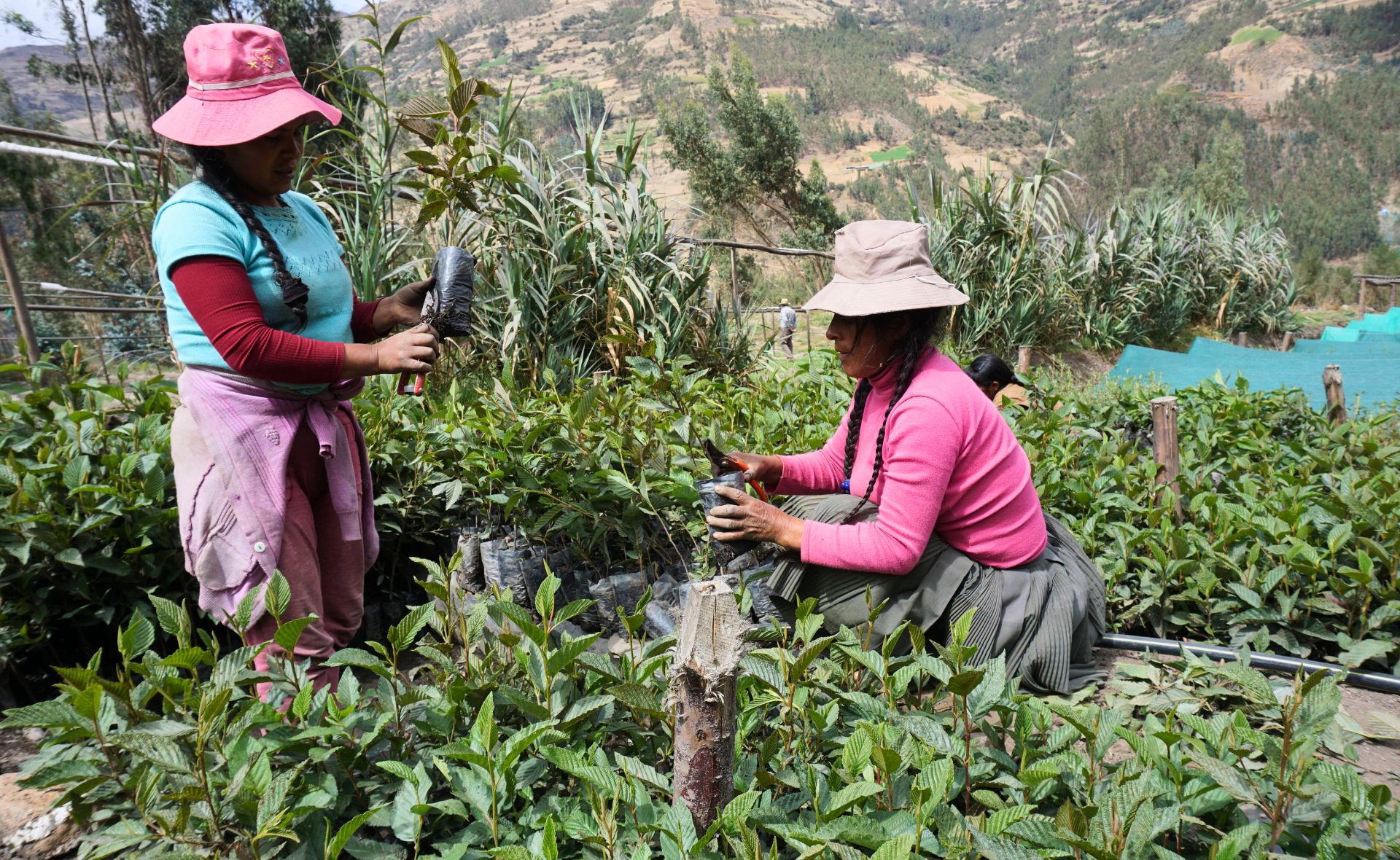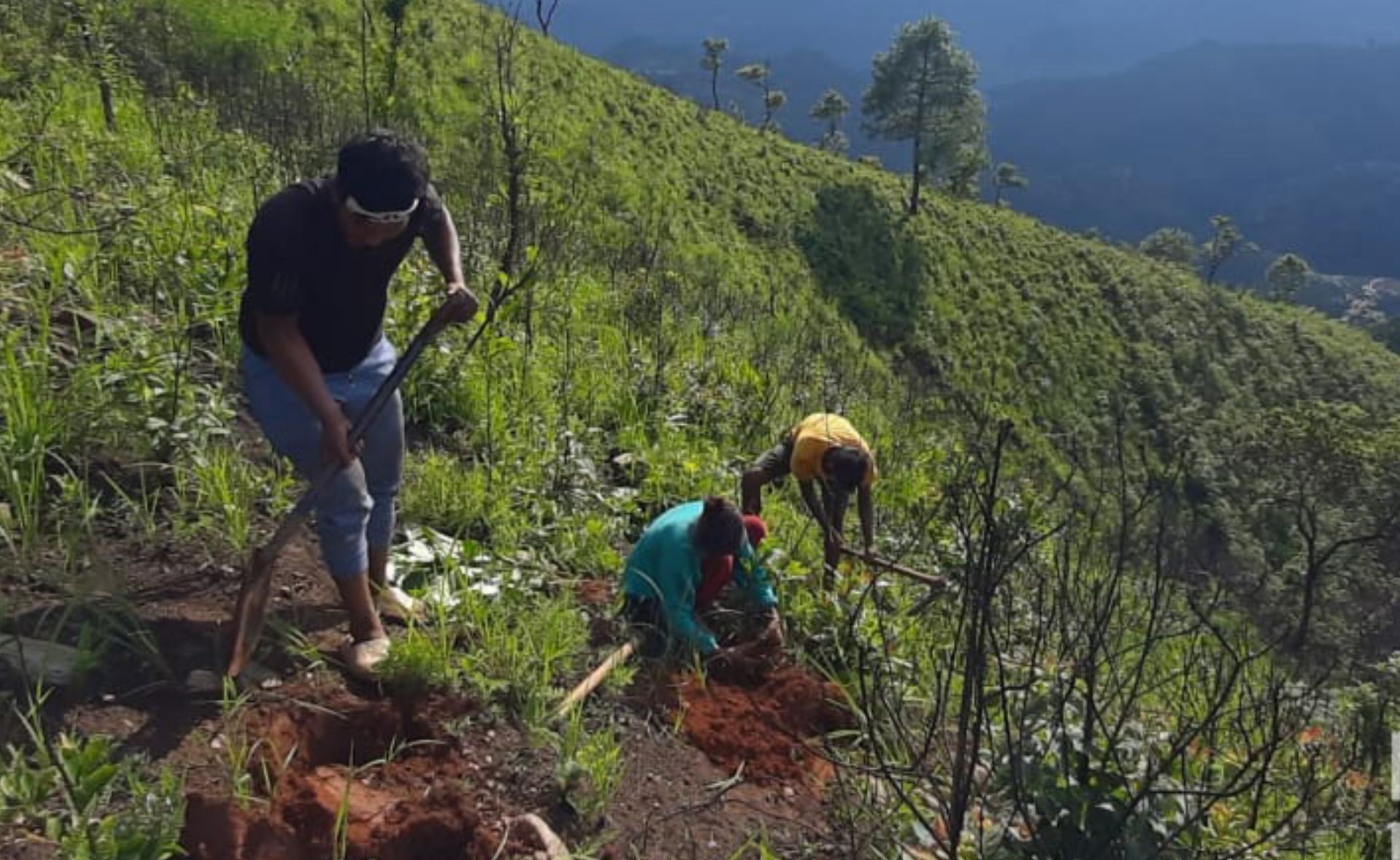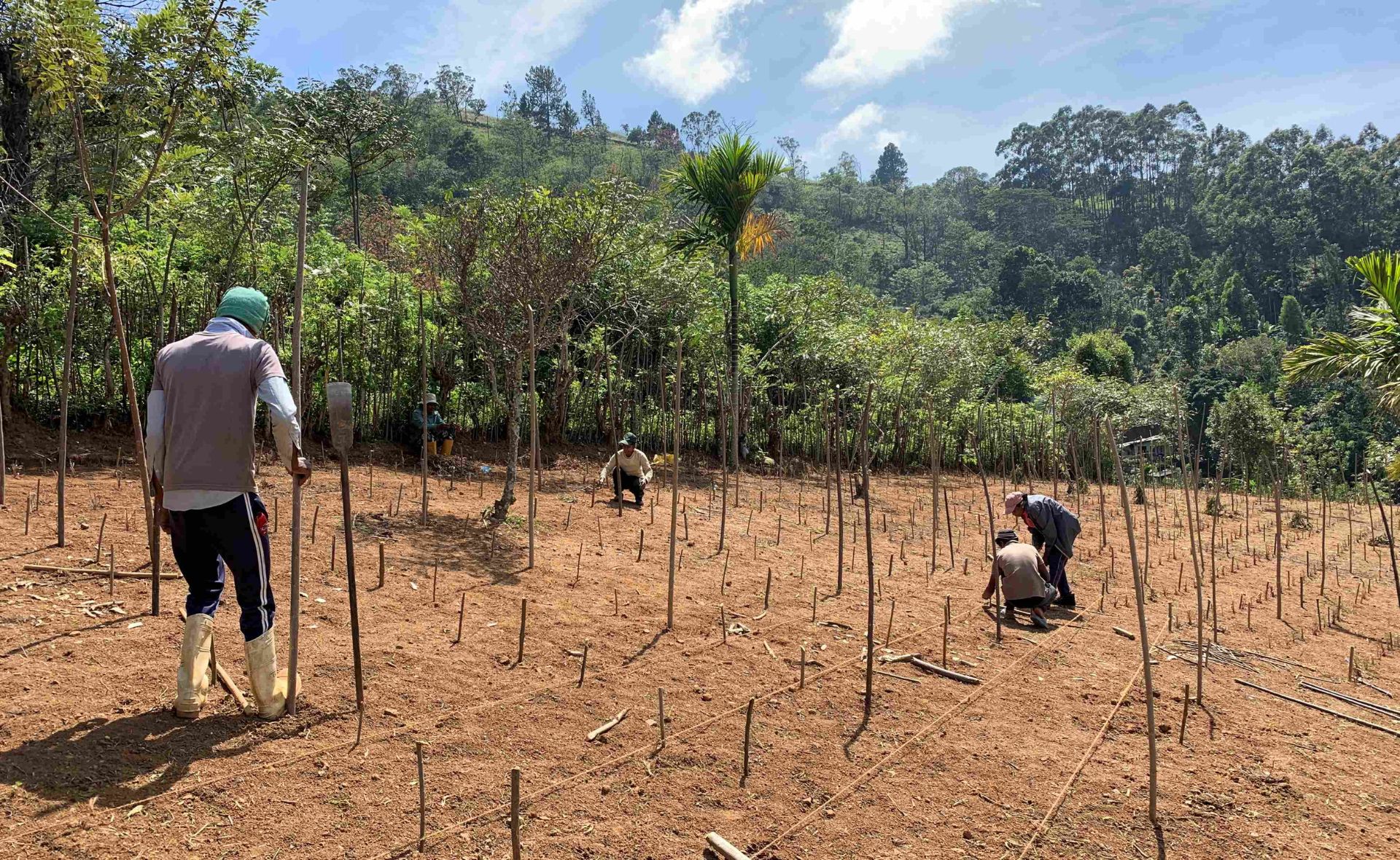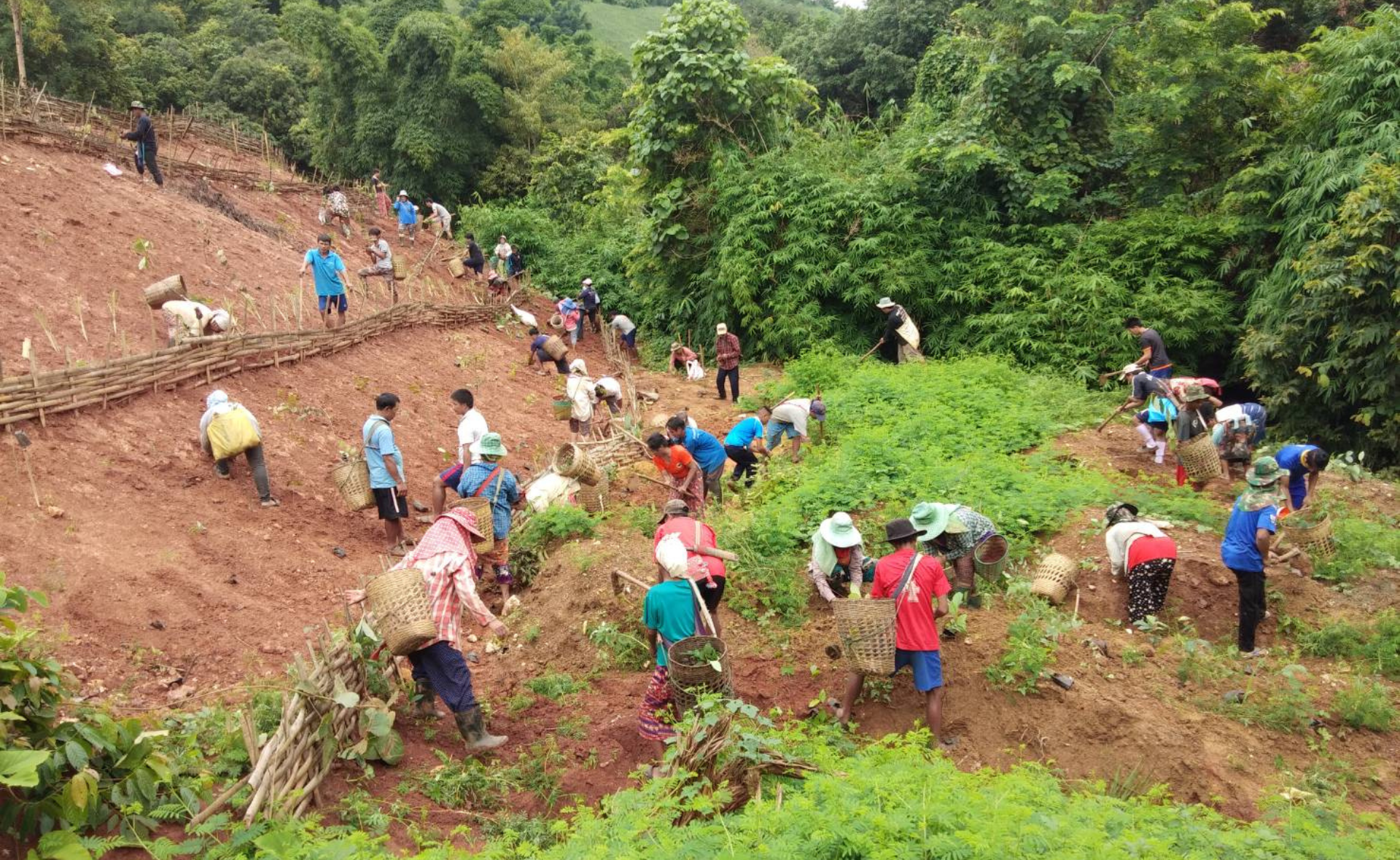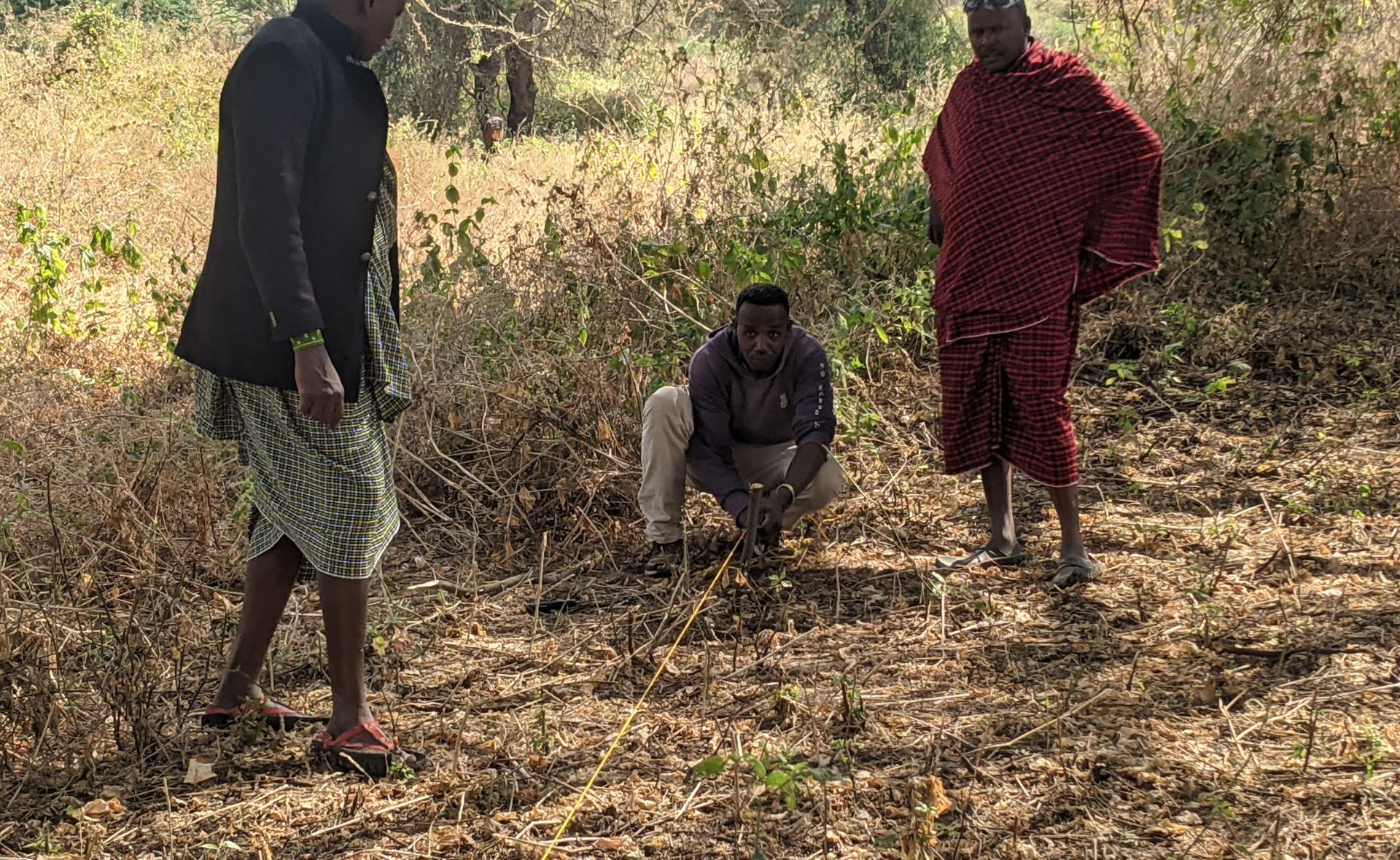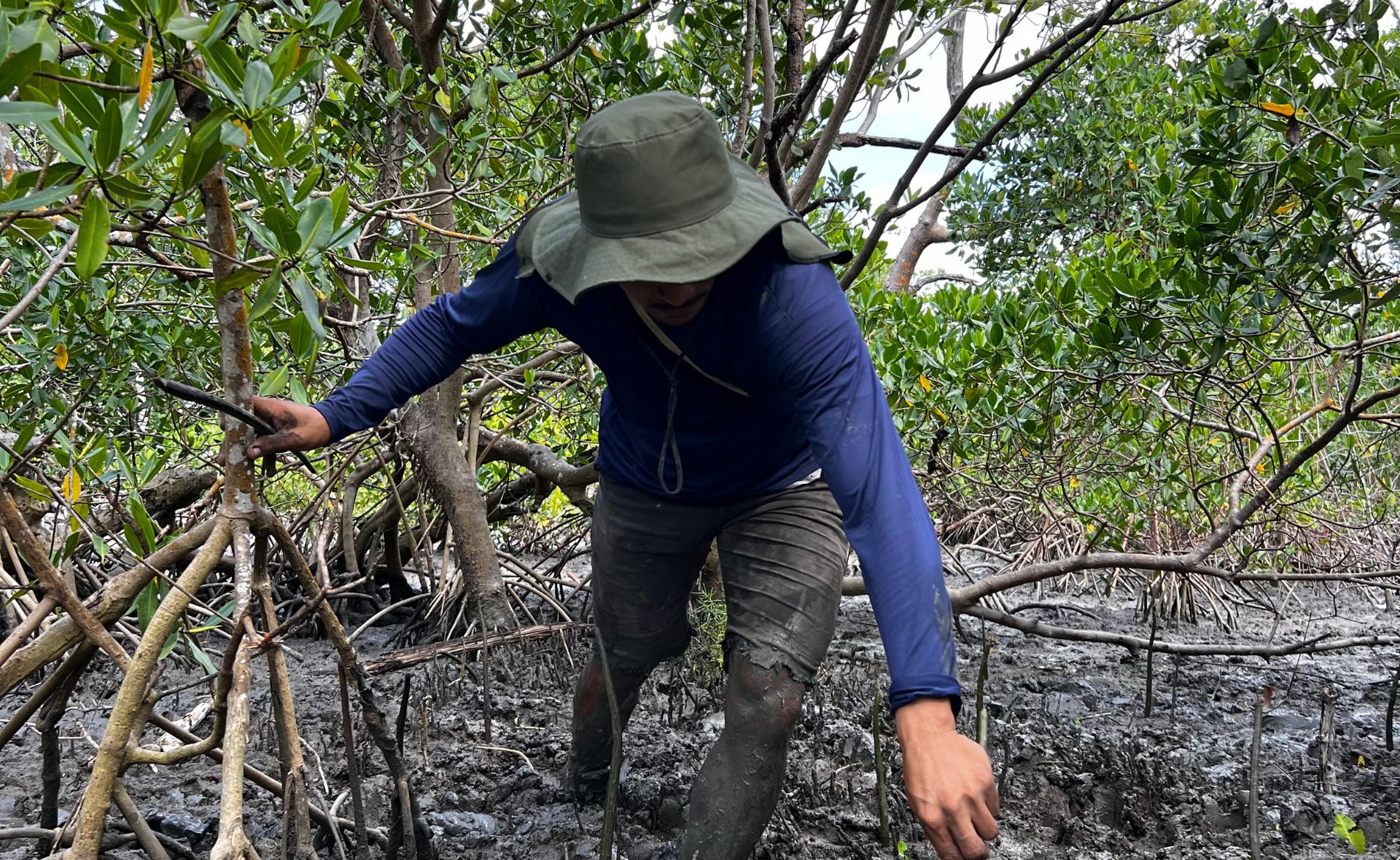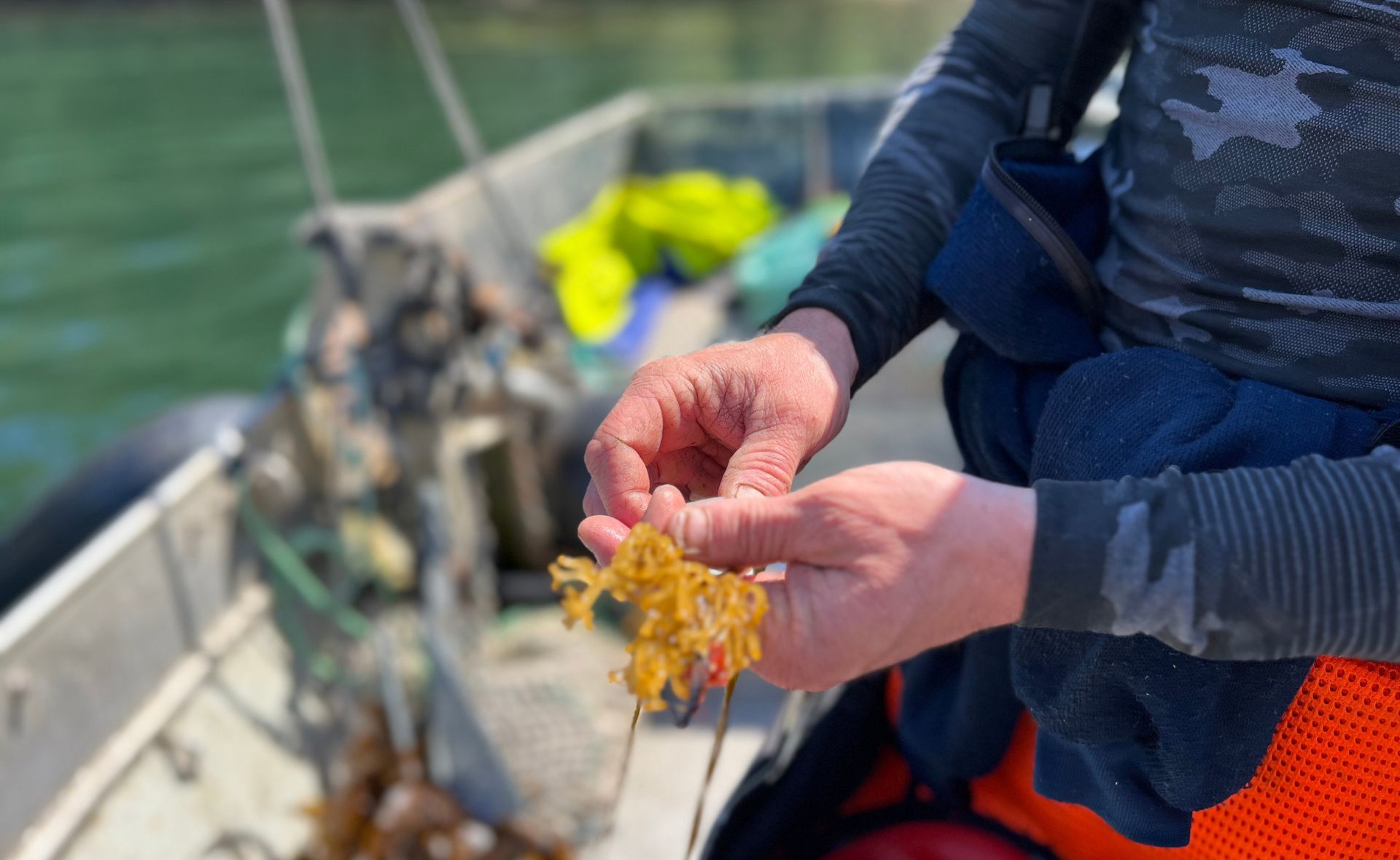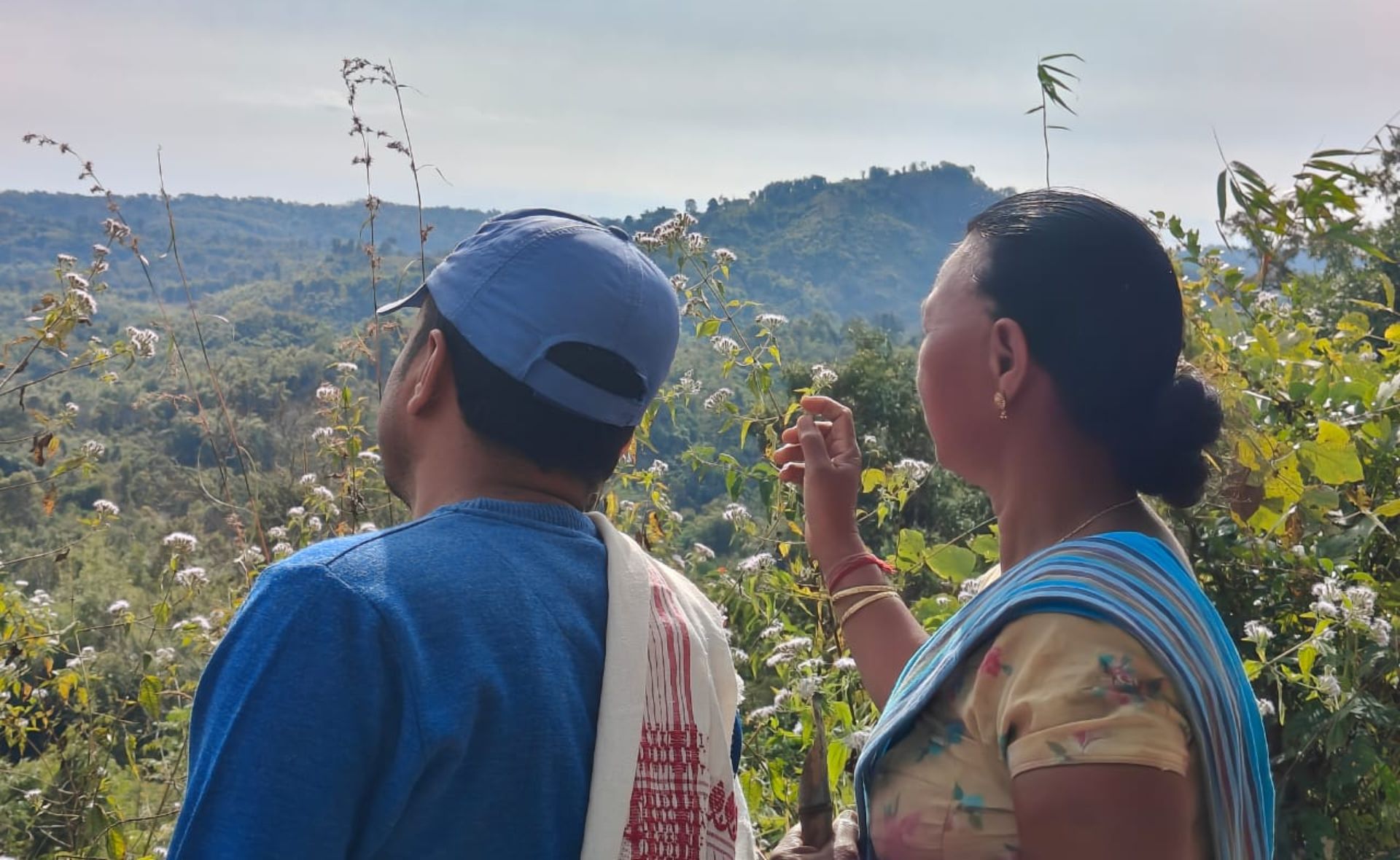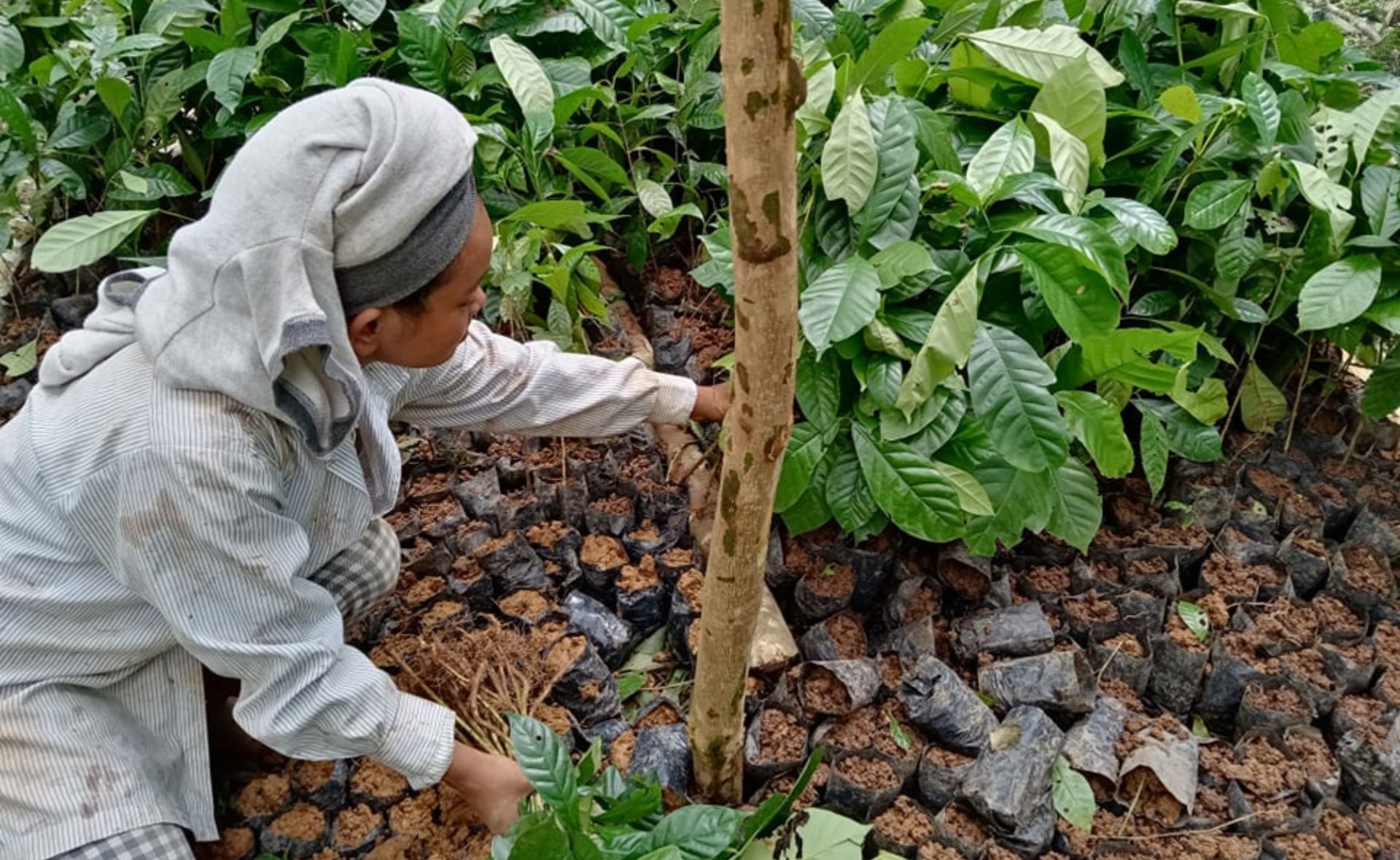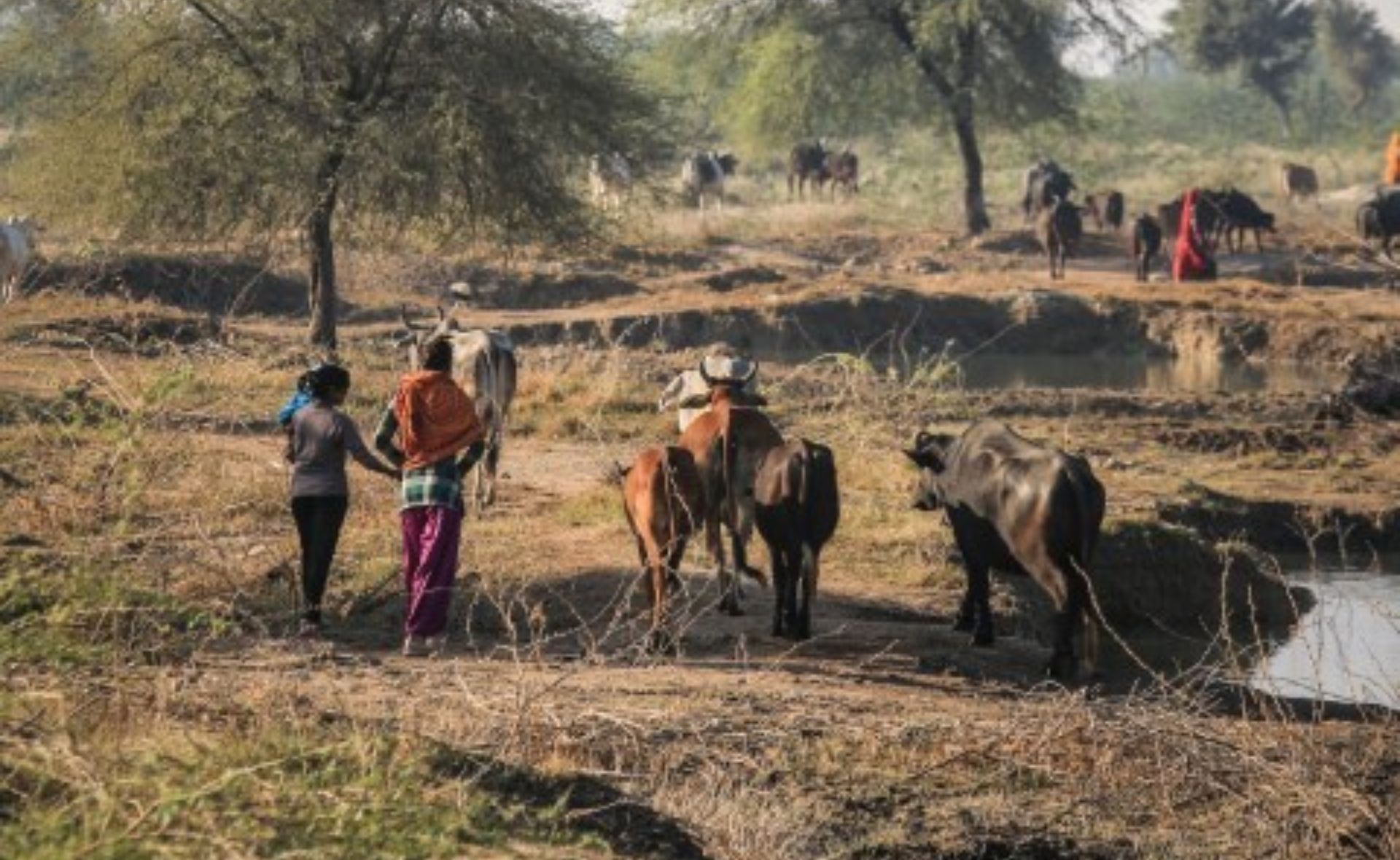This article was written by Sofía Green
In a historic and groundbreaking event, a tagged whale shark has returned to the Galapagos after an incredible ~7 month (210-day) journey across the Pacific Ocean.
Elise #262715 was tagged on June 21st at Darwin Arch by divers from the Galapagos Whale Shark Project. This adult female whale shark, measuring between 10 and 11 meters, was previously unknown to the Wildbook for Sharks, marking this as her first recorded sighting in the Galapagos.
Elise’s remarkable journey, now covering >18,000 kilometres (surface track) over the course of just under 11 months, illustrates the vast distances whale sharks are capable of travelling.
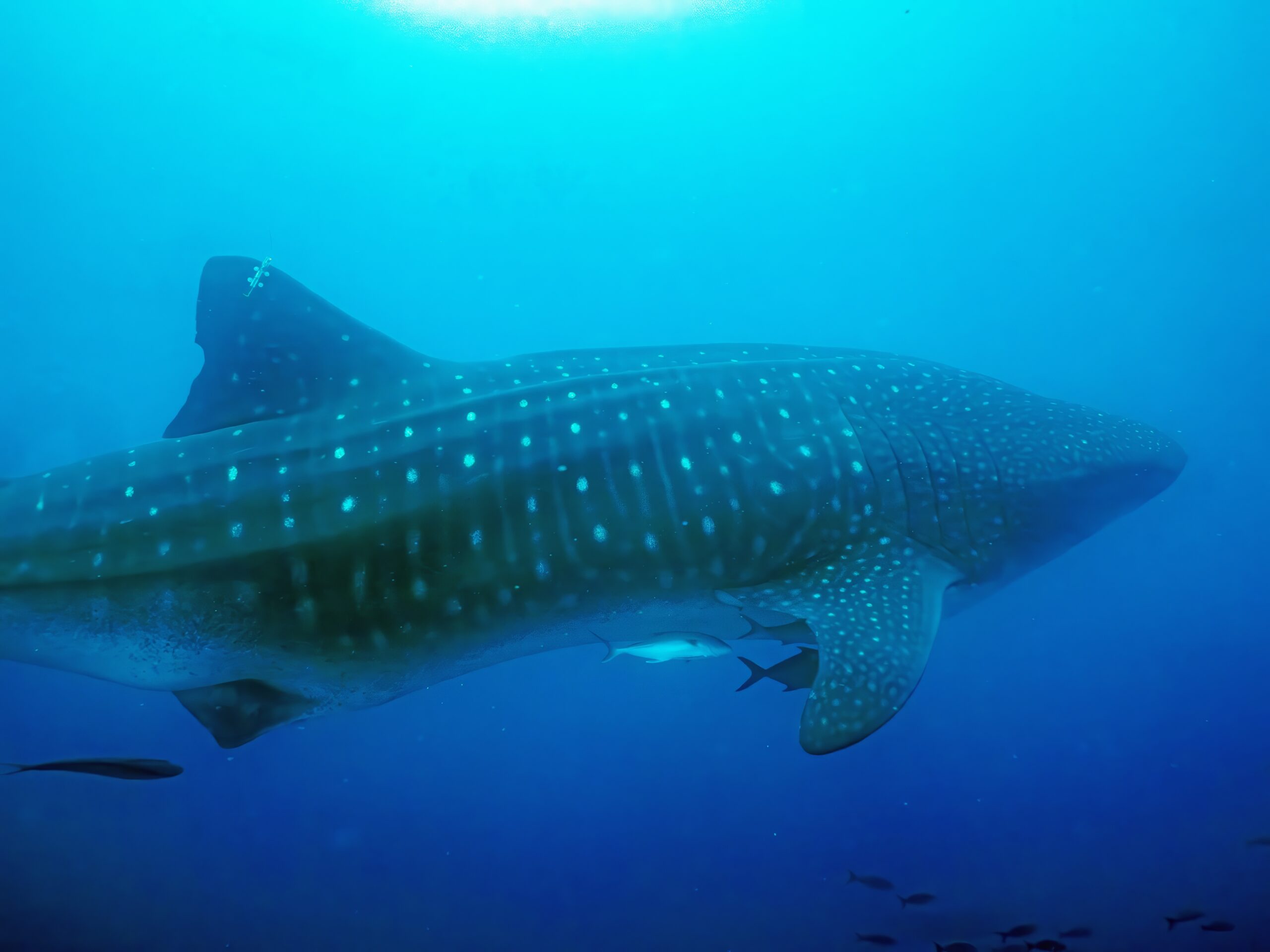
Her path initially took her north-westward, travelling a straight-line distance of 4,226 kilometres from where she was tagged at Darwin Island (Lat: 1.665178°, Lon: -91.987012°). This underscores the urgent need for the establishment of more marine protected areas and the enforcement of high seas policies to safeguard migratory species like whale sharks.
Currently, Elise has been observed off the west and south sides of the Galapagos Archipelago for the past 3 months, within an upwelling zone, suggesting potential foraging behavior. This new movement could reveal previously unknown habitat use in the Galapagos for whale sharks, providing vital insights into their behaviour in the region. She has now headed north and the hope is that her track will reach the 1 year mark and she might soon return to Darwin Arch where she was tagged, at that time, creating a truly historic event.

The Galapagos Whale Shark Project team, with the Galapagos National Park, will continue to track Elise and gather data to enhance our understanding of whale shark habitat use and migration patterns.
The team is currently preparing for the upcoming field expedition which will head out to Darwin Island mid-June. There, they will carry out further tagging, photo ID and Blood draw, as well as the collection of DNA / tissue samples for genetics studies.
This research is critical for developing effective conservation strategies to protect these magnificent creatures throughout their life cycles and this work is made possible by the kind donations of our guests onboard the G Expedition and the support of Planeterra.
About the Author:
Sofía Green is a marine biologist from Ecuador specializing in conservation and ecology, with a focus on whale shark behaviour and movement ecology. She holds a master’s degree in marine Biological Resources. Based in the Galápagos Islands, she works as a certified Galápagos naturalist and dive guide, leading expeditions that promote conservation and awareness about the beauty and importance of the natural world. She also works as an expedition coordinator, also as zodiac driver, and naturalist guide in Antarctica onboard the G Adventures vessel “Expedition”, sharing her expertise in polar and marine ecosystems.


